When it comes to managing high blood pressure, most advice begins with reducing salt intake. While this remains an important recommendation, emerging research reveals that certain fruits can be equally—if not more—effective in helping regulate blood pressure levels. These natural options are rich in essential nutrients like potassium, antioxidants, fiber, and nitric oxide precursors, all of which contribute to cardiovascular well-being in a way that goes beyond just minimizing sodium.
Incorporating more fruit into your daily routine doesn’t just improve heart health—it makes your diet more enjoyable, colorful, and sustainable. Unlike salt reduction, which often requires cutting back on flavorful foods, eating fruit adds taste and nutritional density. Plus, fruits offer an array of bioactive compounds that work synergistically to improve endothelial function, reduce oxidative stress, and ease the workload on your arteries.
The following fruits are not only delicious but also scientifically linked to lower blood pressure. From tropical picks to everyday staples, these ten natural powerhouses can play a major role in your heart-health strategy. So, whether you’re managing hypertension or just looking to improve your overall wellness, start reaching for these fruits before you reach for the salt shaker.
1. Blueberries
Packed with vibrant anthocyanins, blueberries are a nutritional force for supporting blood vessel function. These dark blue gems have been shown to improve arterial stiffness, a key factor in high blood pressure. Consuming a cup a day has been linked with significant reductions in both systolic and diastolic readings. Blueberries work by enhancing nitric oxide production, which widens blood vessels and boosts circulation. They’re also rich in fiber, helping to regulate blood sugar and reduce cardiovascular risk. Regular intake may even lower LDL cholesterol, a contributing factor in hypertension. Adding them to your breakfast or smoothie bowl is an easy way to gain daily benefits.
2. Bananas
Among the most accessible fruits, bananas shine due to their exceptionally high potassium content. This mineral plays a direct role in reducing the effects of sodium and relaxing the walls of blood vessels. A single medium banana can contain over 400 mg of potassium—nearly 10% of your daily need. Studies consistently associate potassium-rich diets with lower blood pressure and reduced stroke risk. Bananas also provide vitamin B6 and fiber, which contribute to overall heart function. Their natural sugars are released slowly, making them ideal for stable energy and vascular balance. Grab one as a snack or blend into a heart-healthy smoothie.
3. Watermelon
Juicy and hydrating, watermelon contains citrulline—an amino acid that may help the body produce more nitric oxide. Increased nitric oxide levels result in relaxed blood vessels and improved blood flow. Several small clinical trials have demonstrated blood pressure-lowering effects after regular watermelon intake. The fruit is also rich in lycopene, a powerful antioxidant associated with cardiovascular protection. With its high water content, watermelon also supports kidney function and helps flush excess sodium. It’s a particularly refreshing way to lower blood pressure during warmer months. Consider eating a few slices or blending into a chilled drink for a cooling health boost.
4. Oranges
More than just a source of vitamin C, oranges are loaded with nutrients that promote vascular health. Their high potassium levels help counterbalance sodium’s effect in the bloodstream. Drinking freshly squeezed orange juice has shown promising outcomes in reducing both systolic and diastolic pressure. Oranges also contain hesperidin, a flavonoid known to improve endothelial function. Fiber-rich and low in fat, they fit perfectly into any blood pressure–friendly eating plan. Their sweet flavor masks a powerhouse of internal action supporting heart rhythm and blood volume. A single orange daily may make a measurable difference over time.
5. Strawberries
Bright and fragrant, strawberries are more than a sweet indulgence—they’re loaded with health-supportive flavonoids. These compounds have anti-inflammatory and antioxidant properties that help maintain vascular elasticity. Some observational studies suggest that regular strawberry consumption correlates with improved arterial pressure. Their high vitamin C content further assists in collagen production, aiding vessel integrity. Strawberries are also relatively low in sugar compared to other fruits, making them suitable for blood sugar control as well. The polyphenols they contain may inhibit the enzymes that constrict blood vessels. Toss them into your salad or enjoy as a midday treat to support heart health.
6. Grapes
Often overlooked as a therapeutic food, grapes offer a unique combination of polyphenols and resveratrol—both shown to benefit cardiovascular function. Purple and red varieties, in particular, have strong antioxidant profiles that combat oxidative stress. Studies suggest that grape consumption can reduce inflammation and improve nitric oxide levels, encouraging vessel dilation. Their natural sweetness doesn’t spike blood sugar as rapidly, helping maintain metabolic balance. Grapes also provide manganese and vitamin K, which contribute to circulatory stability. Eating a handful daily could translate into improved blood pressure control over time. Try freezing them for a satisfying and heart-friendly snack.
7. Kiwis
Tart, green, and vitamin-packed, kiwis are a lesser-known but highly effective fruit for lowering blood pressure. One study found that eating three kiwis daily led to greater reductions in systolic blood pressure than eating an apple a day. Their potassium and lutein content support vascular relaxation and antioxidant defense. Kiwis also offer actinidin, an enzyme that supports protein digestion and nutrient absorption. They’re rich in folate, important for maintaining healthy homocysteine levels that affect cardiovascular risk. Despite their small size, they pack an impressive nutritional punch. Peel and slice them for breakfast or keep them whole for a grab-and-go option.
8. Apples
Long associated with general wellness, apples bring specific cardiovascular benefits thanks to their quercetin content. This antioxidant has been linked to blood vessel relaxation and decreased inflammation. Their fiber-rich skins support cholesterol reduction and help regulate blood glucose. A daily apple can reduce your intake of less healthy snacks, indirectly benefiting blood pressure. Apples are also hydrating, supporting kidney function and fluid balance. Their polyphenols aid in maintaining healthy endothelium, the tissue lining blood vessels. Baked, raw, or juiced—apples are a versatile ally in your blood pressure journey.
9. Mangoes
Tropical and rich in flavor, mangoes deliver beta-carotene and vitamin C, both of which are essential for heart health. They also provide ample potassium, helping counteract the blood-pressure-raising effects of sodium. Their soluble fiber supports cholesterol regulation, another factor in maintaining optimal pressure. Mangoes contain mangiferin, a polyphenol with anti-inflammatory effects on blood vessels. Despite their sweetness, they have a low glycemic impact when consumed in moderation. Their juicy flesh can also help with hydration, which contributes to overall blood volume control. Enjoy them sliced, blended, or diced into salsas for a heart-healthy boost.
10. Cherries
Vibrant and deeply pigmented, tart cherries are a standout source of anthocyanins and melatonin. These compounds work to reduce inflammation and regulate circadian rhythms, which can indirectly influence blood pressure. Drinking tart cherry juice has been associated with modest reductions in both systolic and diastolic readings. They also contain potassium and magnesium—minerals crucial to vascular stability. The flavonoids in cherries support nitric oxide activity, promoting healthy dilation of arteries. Even small daily servings may support cardiovascular resilience. Incorporate them into yogurt, oatmeal, or enjoy as a nighttime snack for double the benefit.
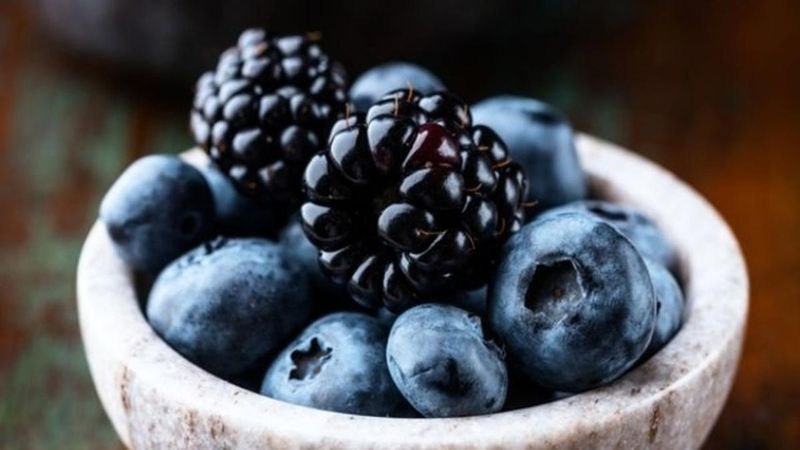
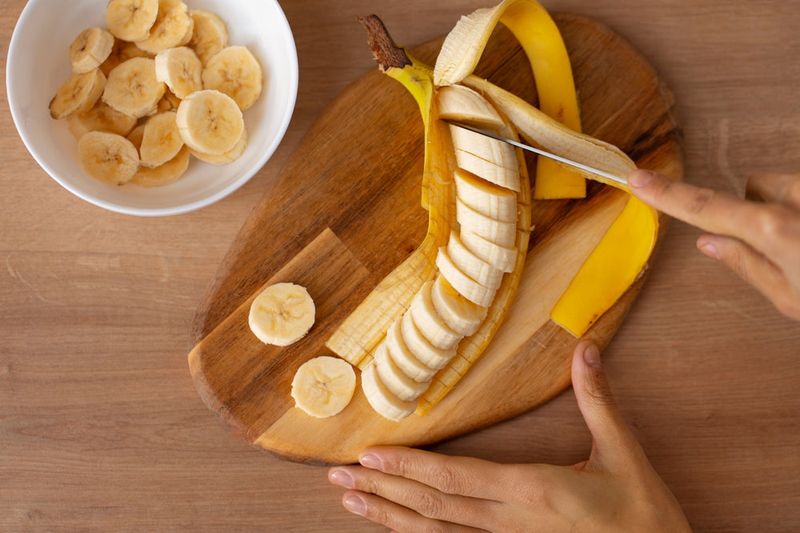
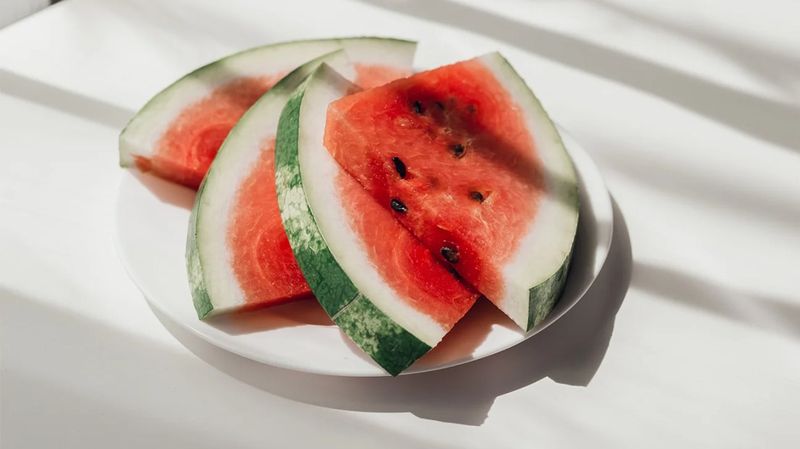
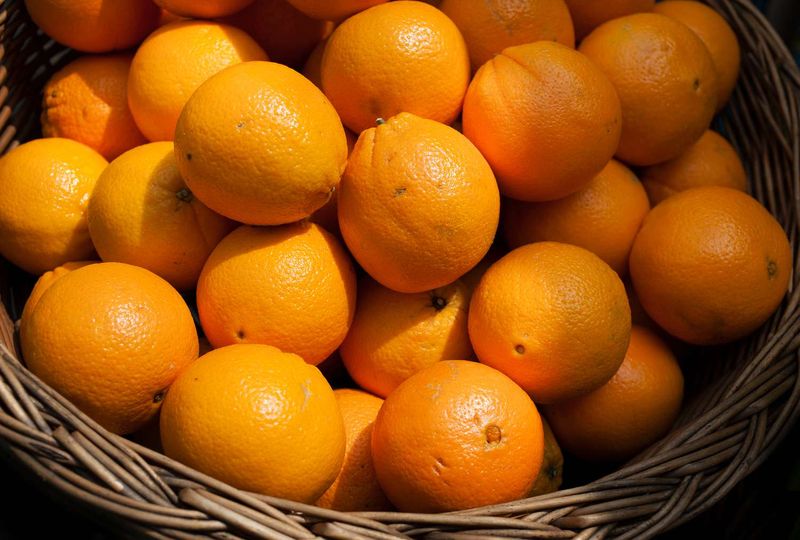
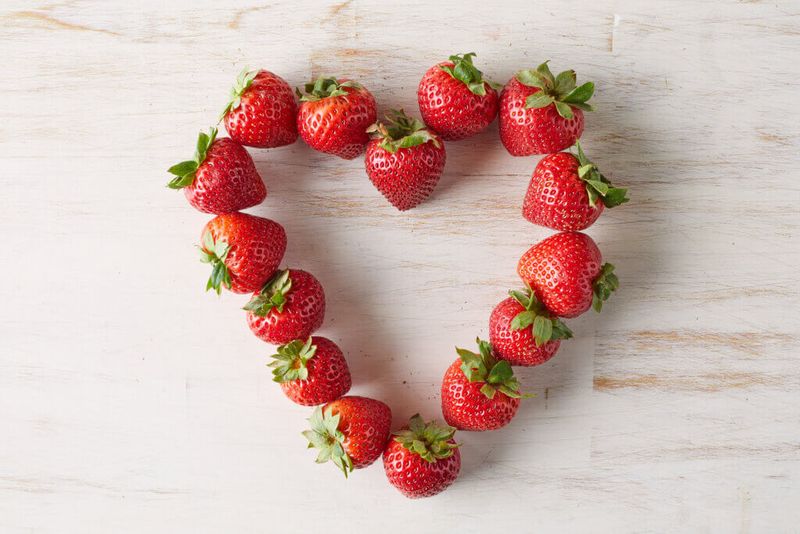
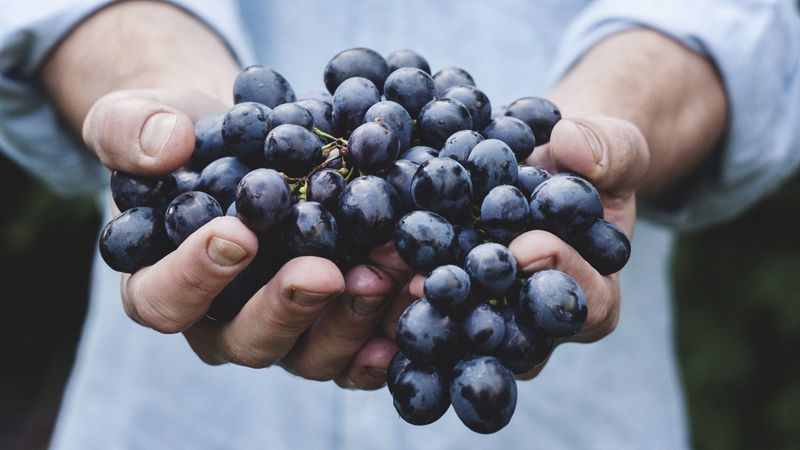
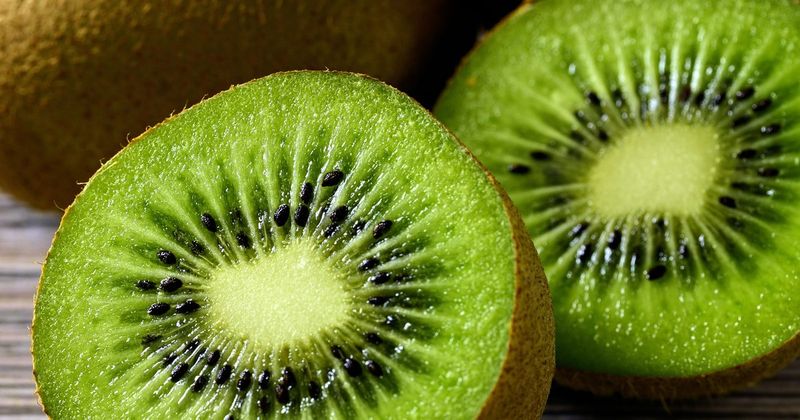
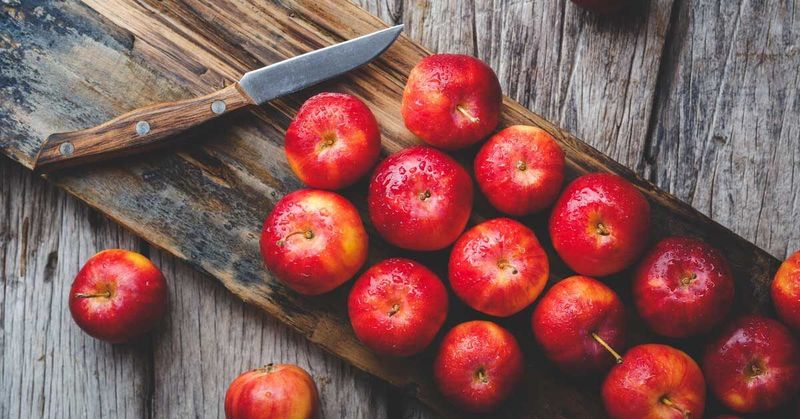
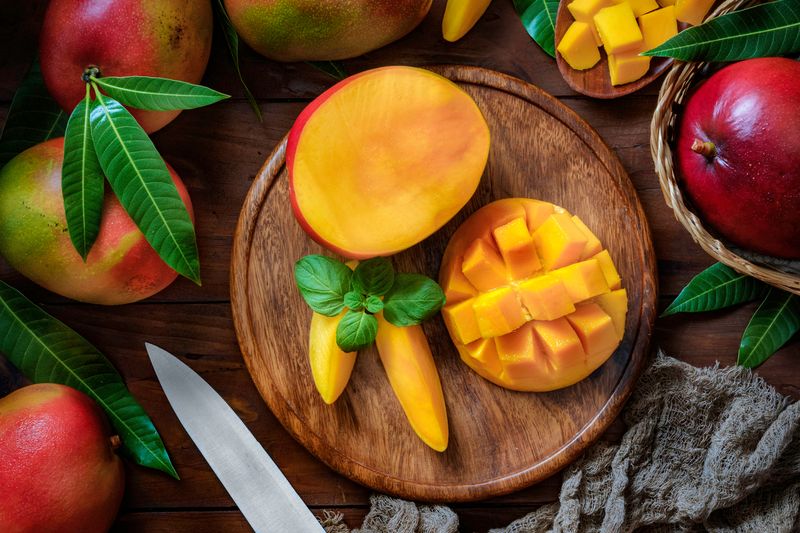
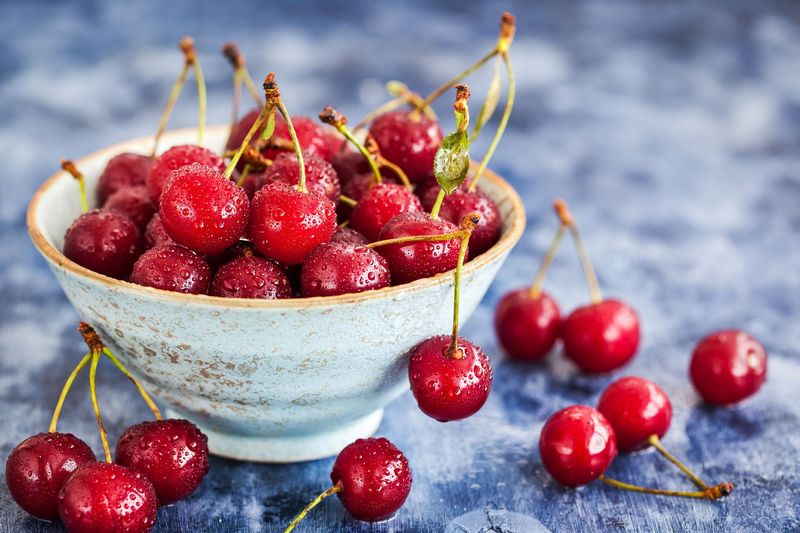
Leave a comment